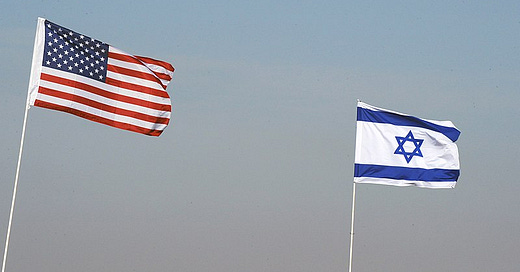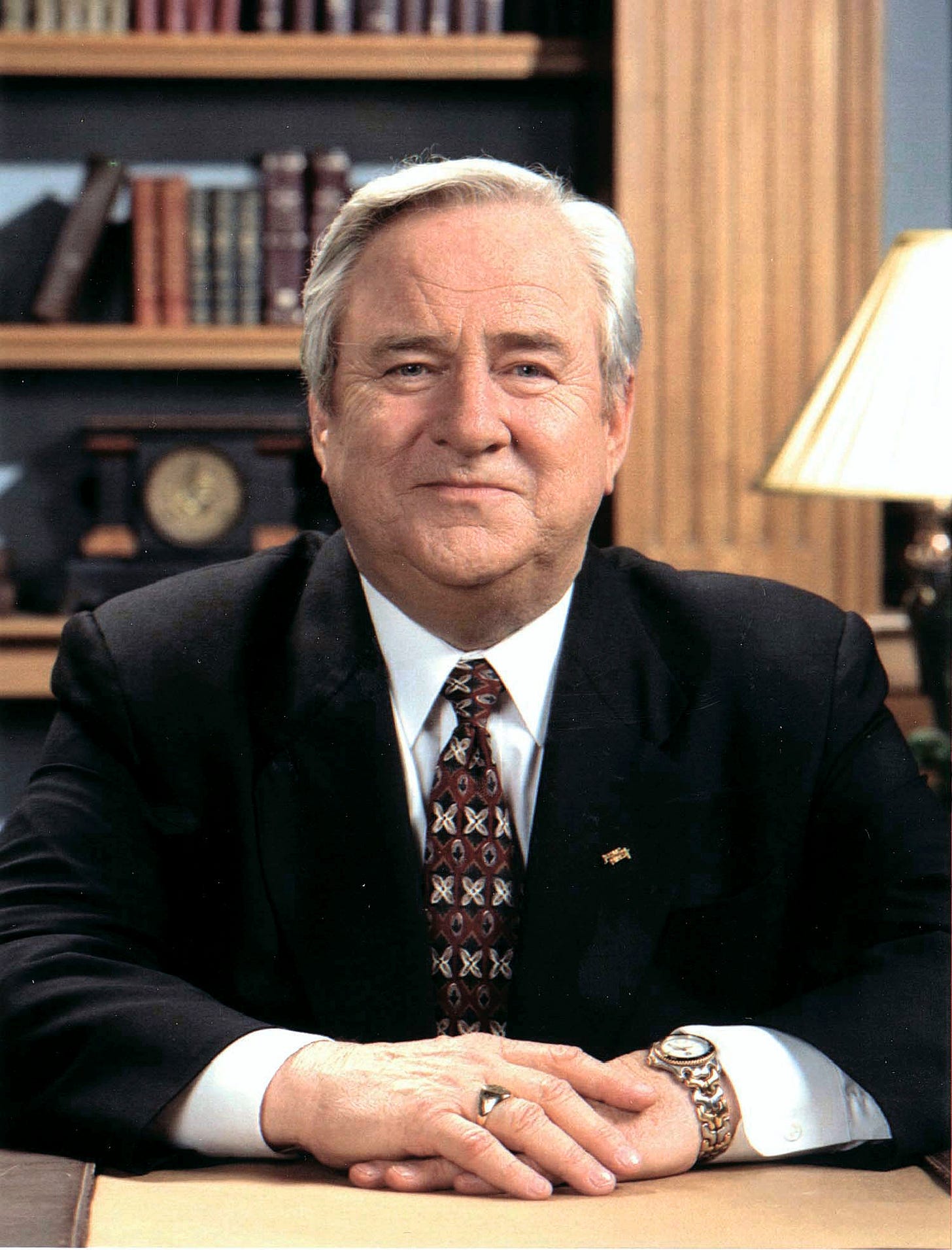The Suez Crisis of 1956 was a turning point in Israel's foreign relations, reshaping its alliances and positioning on the global stage. This not only marked the decline of European colonial powers in the Middle East but also underscored the emergence of the United States as a dominant player.
A Turning Point in Alliances
The 1956 Suez Crisis marked an important moment for Israel’s foreign relations. Partnering with Britain and France, Israel sought to weaken Egyptian President Gamal Abdel Nasser and secure its southern border. However, the intervention faced strong opposition from the United States and the Soviet Union, forcing a swift withdrawal and leaving Nasser in control of the canal.
This crisis exposed the waning influence of Britain and France and highlighted the United States' rising dominance in Middle Eastern affairs, prompting Israel to reconsider its strategic alliances.
A Shift to American Patronage
After the Suez Crisis, Israel began to pivot toward the United States, which would soon emerge as its primary ally. The alignment was gradual but became increasingly evident during the 1960s.
The relationship deepened significantly after the Six-Day War in 1967, when Israel’s decisive victory over its neighbours positioned it as a key player in the Cold War. For the United States, supporting Israel became a strategic necessity to counterbalance Soviet-backed regimes in the Middle East. Economic aid and military assistance from the U.S. surged, solidifying a partnership that would dominate the region’s geopolitics for decades.
The Rise of Christian Zionism in U.S. Politics
While geopolitical strategy played a central role in shaping the U.S.-Israel alliance, domestic factors also contributed significantly—none more so than the rise of Christian Zionism.
Rooted in evangelical Christianity, Christian Zionism is based on the belief that the return of Jews to the Holy Land fulfils biblical prophecy. Though present in the U.S. since the late 19th century, this movement gained traction after Israel's establishment in 1948.
By the 1970s, the rise of the Religious Right brought Christian Zionism into mainstream American politics. Leaders like Jerry Falwell championed unwavering support for Israel, framing it as both a religious duty and a vital element of U.S. foreign policy. For many evangelicals, Israel’s survival was seen as essential to fulfilling the end-times prophecy, solidifying its place in their political and theological priorities.
Evangelical Influence on Policy
By the 1980s, Christian Zionism had become a powerful force in U.S. politics. Evangelical lobbying groups like Christians United for Israel (CUFI) played a significant role in shaping bipartisan support for Israel in Congress. These groups emphasized Israel's security and sovereignty, influencing policies that ensured consistent American economic and military aid.
This alliance between evangelical Christians and pro-Israel policymakers strengthened U.S.-Israel relations, creating a bond that transcended partisan divides and has endured into the 21st century.
A Lasting Impact on Middle Eastern Geopolitics
The Suez Crisis and the rise of Christian Zionism were instrumental in transforming Israel’s international alliances. The crisis marked the end of Britain and France as Israel's primary patrons, while Christian Zionism reinforced America’s role as a steadfast ally. Together, these developments reshaped the geopolitical landscape of the Middle East, establishing a U.S.-Israel partnership that continues to influence the region’s dynamics today.
This enduring alliance underscores the intersection of strategy, ideology, and domestic politics in shaping foreign relations, demonstrating how historical events and societal movements can profoundly impact the global stage.
All articles on Diaspora Dialogue are free to read for one year from publication. If you’ve enjoyed this piece and would like to support my work, you can do so by subscribing, or by buying me a coffee. Thank you for reading and being part of the dialogue!








